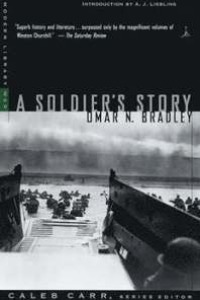
Liknande böcker
Rhetoric and Public Affairs : Truman and the Hiroshima Cult
Bok av Robert P. Newman
The United States dropped atomic bombs on Japan in 1945 to end World War II as quickly and with as few casualties as possible. That is the compelling and elegantly simple argument Newman puts forward in his new study of World War II's end, Truman and the Hiroshima Cult. According to Newman: (1) The U.S. Strategic Bombing Survey conclusions that Japan was ready to surrender without "e;the Bomb"e; are fraudulent; (2) America's "e;unconditional surrender"e; doctrine did not significantly prolong the war; and (3) President Harry S. Truman's decision to use atomic weapons on Japanese cities was not a "e;racist act,"e; nor was it a calculated political maneuver to threaten Joseph Stalin's Eastern hegemony. Simply stated, Newman argues that Truman made a sensible military decision. As commander in chief, he was concerned with ending a devastating and costly war as quickly as possible and with saving millions of lives. Yet, Newman goes further in his discussion, seeking the reasons why so much hostility has been generated by what happened in the skies over Hiroshima and Nagasaki in early August, 1945. The source of discontent, he concludes, is a "e;cult"e; that has grown up in the United States since the 1960s. It was weaned on the disillusionment spawned by concerns about a military industrial complex, American duplicity and failure in the Vietnam War, and a mistrust of government following Watergate. The cult has a shrine, a holy day, a distinctive rhetoric of victimization, various items of scripture, and, in Japan, support from a powerful Marxist constituency. "e;As with other cults, it is ahistorical,"e; Newman declares. "e;Its devotees elevate fugitive and unrepresentative events to cosmic status. And most of all, they believe."e; Newman's analysis goes to the heart of the process by which scholars interpret historical events and raises disturbing issues about the way historians select and distort evidence about the past to suit special political agendas.







